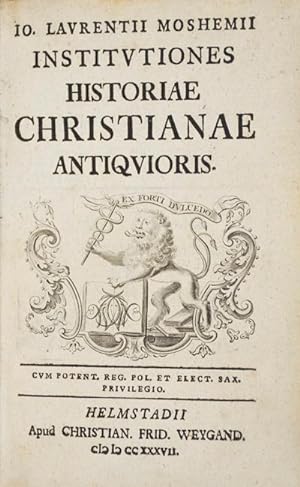Since 1985 we offer individual books for sale from our inventory of 150,000 rare, out-of-print and antiquarian volumes on many topics, with an emphasis on Judaica, Hebraica, Bibles and rabbinics, the fine and decorative arts, architecture, photography, textile and wallpaper sample books, Bauhaus and the avant garde, expressionist dance, Olympic Games and sport, the ancient near-east and archeology, erotica, illustrated and foreign-language books, especially German, Yiddish, Polish and Hebrew, as well as books from the Weimar Republic and the Third Reich, plus Russian constructivist materials.
We create book collections, both large and small, for individuals, decorators, archives and librariesŅcurrently available: a 10,000-volume research collection on Judaica in the German language.
In addition, we maintain a beguiling selection of original works of art and photography.
Eric Chaim Kline provides appraisal services for estate, insurance and tax purposes, often helping to match book donors with libraries and museums.
We purchase books of merit and entire collections; we also take books on consignment with favorable terms.
We are a rental source for movie and tv production, occasionally providing the prop on which the plot turns.
Traveling throughout the U.S. and Europe, Eric Chaim Kline has been buying and selling old and rare books since the 1980Ņs, when in graduate school at Brandeis University. Proprietor of bookshops in several Los Angeles locations since 1985, he hosts visitors by appointment in our lively bookstore and ships books to collectors, libraries and museums worldwide.
Kline occasionally lectures on topics in book collecting and Jewish studies. He sponsors the annual Bibliography Award granted by the Association of Jewish Libraries and serves on the national board of the Antiquarian BooksellersŅ Association of America.
We welcome your inquiries.
Visit Seller's Storefront
Association Member
Members of these associations are committed to maintaining the highest standards. They vouch for the authenticity of all items offered for sale. They provide expert and detailed descriptions, disclose all significant defects and/or restorations, provide clear and accurate pricing, and operate with fairness and honesty during the purchase experience.
Seller's business information
ERIC CHAIM KLINE, BOOKSELLER (ABAA ILAB)
CA, U.S.A.
Terms of Sale:
Visa, Mastercard, American Express, checks, money orders and bank transfers. Prepayment is required, however we extend billing to libraries and members of the trade. Books may be returned within 10 days if not as described.
Shipping Terms:
Shipping fees are based on your location and desired time frame, and they vary according to the weight and size of your order. We calculate United States Postal Service fees online and then round the amount up to an even figure by one or two dollars to cover delivery confirmation and to help with the cost of packing materials. We also ship via Federal Express (Fed Ex) and USPS Express. We are happy to accommodate special shipping needs by request.
Within the United States:
USPS Media mail is typically $5 for a book of average weight. Priority mail varies, depending on whether USPS flat-rates are applicable and advantageous for the dimension, weight and distance.
International:
International First Class typically starts at $20. International Priority is typically $35 or less if under four pounds weight, and starts at $40 if over four pounds. International Express is a faster and more expensive option.
Federal Express:
All Fed Ex shipping options are available, using your account or ours.
![]()



